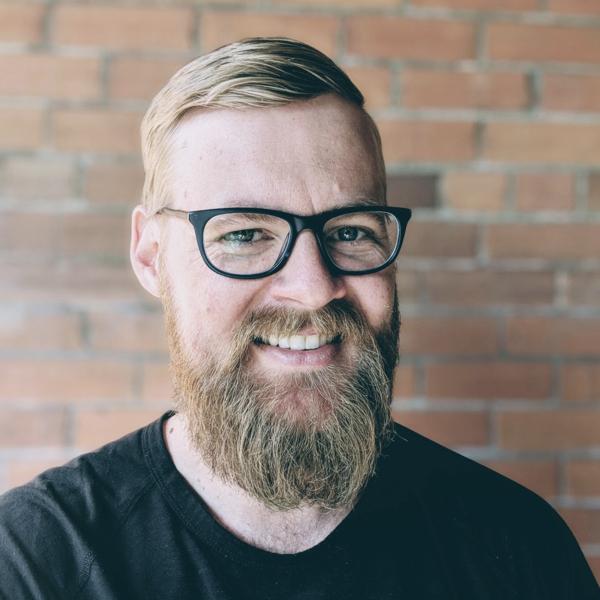Date/time: Oct. 10, 2018, 5:30-7 pm (followed by informal discussion somewhere on the Hill!)
Location: CU Museum of Natural History
Hosts: TEDxBoulderSalon, CIRES, CU Boulder, NOAA, CU Museum of Natural History
Cost: $10 - Students or Community Members who needs a discount code? "Student" = free ticket; please RSVP, as seating is limited
Why You Should Come:
The Arctic is one of the most rapidly changing ecosystems on the planet. Rising greenhouse gases have profoundly disrupted weather and environmental patterns that, while extreme, have shown stability over several thousand years. No more. The Arctic is melting before our eyes.
Understanding how the Arctic is changing—and how it will change as greenhouse gases continue to rise —is critical for commerce, national defense, and for rich oceanic and terrestrial ecosystems and environments that have supported indigenous peoples for 10,000 years. The observed dramatic changes in the Arctic climate system, including fast retreat of Arctic sea, can be simulated and understood using numerical models run on supercomputers.
This TEDxBoulderSalon will highlight the rich scientific expertise located here in Boulder to open a window on this imperiled region and its people.
Schedule:
5:30-6:00: Arctic Change Posters and Experts
Some of the nation’s experts in Arctic change will staff posters scattered around the museum’s Paleontology Hall. What captures your interest? Head to one or more posters and talk with researchers about their findings and interests. Posters topics and expertise may include:
MOSAiC: A year trapped in Arctic ice
Arctic sea ice history and trends
As the world warms: Two decades of studying Arctic change
Sensing Attention: When are students really engaged in climate change lessons? (Ariel Morrison)
Example Resources for Educators: Arctic Climate Connections – Curriculum that integrates scientific field data into the classroom
Arctic history and culture
Indigenous knowledge of the Arctic
How unusual is the modern warming? Radiocarbon ages on ice-entombed plants in Arctic Canada tell this has been the warmest century in more than 40,000 years
The strange behavior of an Arctic ice cap
6:00-7:00: Panel and Audience Discussion / Q&A
Jen Kay, CU Boulder: Jen is a CIRES Fellow and assistant professor of Atmospheric and Oceanic Sciences at CU Boulder and co-chair of the Community Earth System Model Polar Climate Working Group. She leads CIRES’ Polar Bear Project and has spent many weeks observing polar bears near Churchill, Manitoba.
Mark Serreze, NSIDC, CU Boulder: Mark leads the National Snow and Ice Data Center, the world’s leading source of information on ice and snow, and part of CIRES at the University of Colorado Boulder. He’s the author of a new, popular book, Brave New Arctic: The Untold Story of the Melting North.
Matthew Shupe, CIRES and NOAA: Matthew is a CIRES research scientist and co-lead of Polar Observations and Processes team in NOAA’s Physical Sciences Division in Boulder. He is also the U.S. scientific lead of MOSAiC, a year-long expedition into the central Arctic aboard a research vessel drifting in sea ice, beginning in 2019.
Sandra Starkweather, CIRES and NOAA: Sandy is a physical scientist with a deep interest in improving Arctic research—especially observation-based research—through social innovation. She is Executive Director of the U.S. Arctic Observing Network, which is primarily funded by NOAA.
Henderson Building 15th and Broadway
Boulder, Colorado, 80309
United States
- Event type:
- Salon (What is this?)

